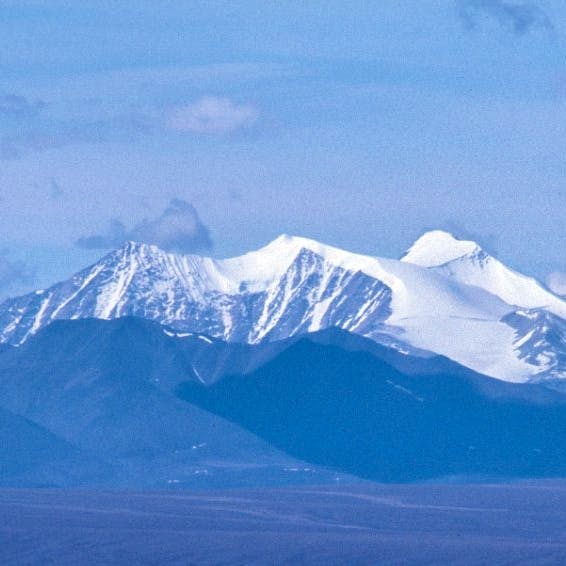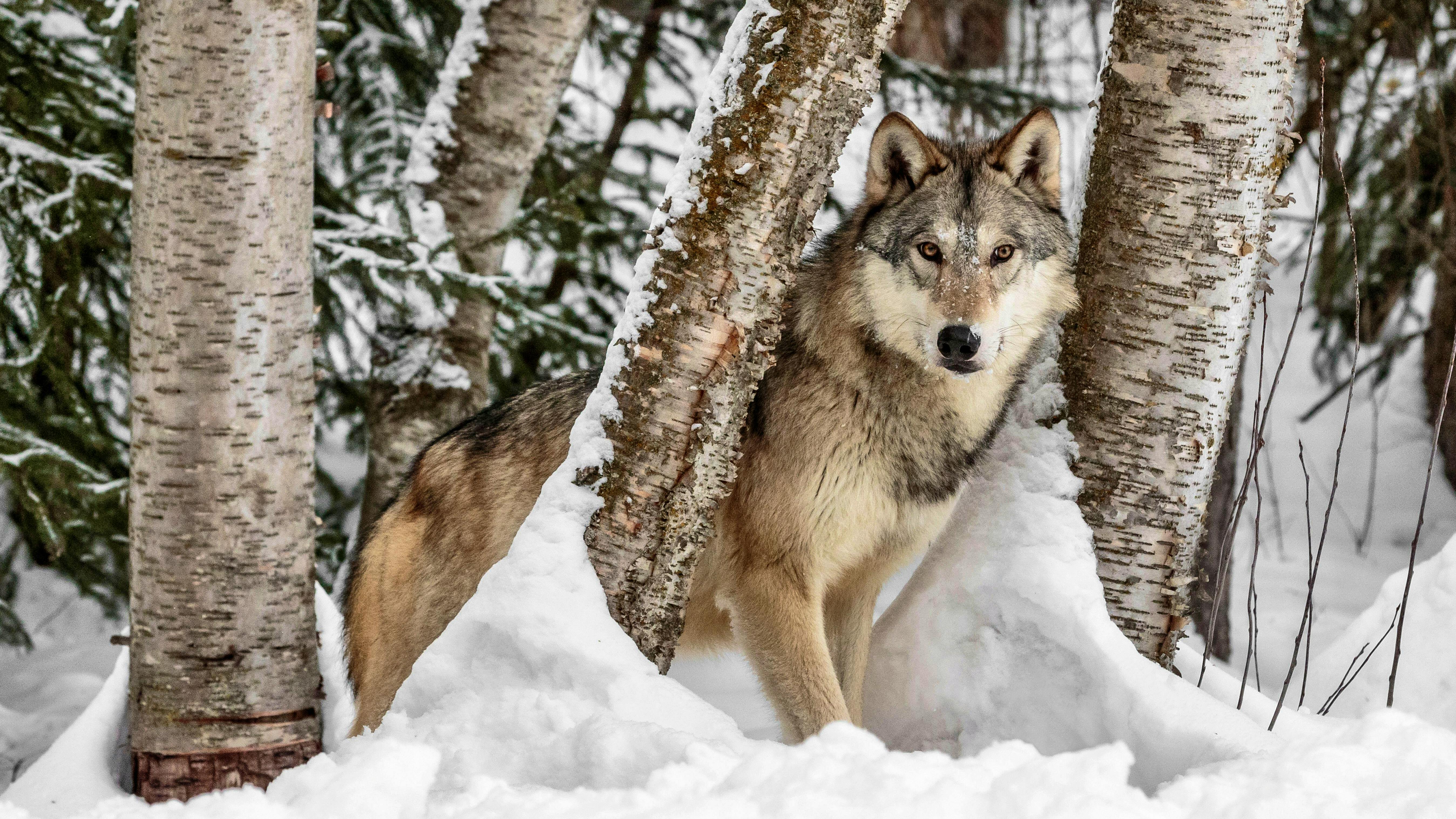ANCHORAGE – A broad coalition of local and national conservation groups delivered comments from more than 50,000 Alaskan residents and people around the country this week to the U.S. Fish and Wildlife Service, opposing a proposed land swap that would clear the way for an expensive, destructive road to be built through sensitive wetlands and a protected Wilderness area in the heart of Izembek National Wildlife Refuge in Alaska.
The small fishing village of King Cove (population 938) has been pushing for a road through Izembek for more than a decade, despite receiving more than $50 million in state and federal funding to modernize medical facilities and to develop a marine transportation system, including a $9-million hovercraft for emergency medical evacuations, in exchange for leaving the Izembek wetlands intact.
The hovercraft has been proven effective for all medical evacuations from King Cove—more than 30 since it began operations in 2007. The vessel can carry a fully staffed ambulance to a nearby airport in Cold Bay in as few as 20 minutes, significantly faster than the two hours it would take to travel by road.
The Izembek National Wildlife Refuge is internationally recognized for its important wetlands and wildlife habitat, and as congressionally designated Wilderness. Exchanging Wilderness lands for a damaging road would set a dangerous precedent that would threaten Wilderness protection in national wildlife refuges, parks, monuments, and other public lands across the country.
The organizations issued the following statements:
“This ill-conceived, wasteful, and damaging project is proposed ostensibly to provide emergency medical transportation for residents of King Cove. However, it is a thinly disguised effort to provide a transportation link for commercial enterprises and personal convenience to rural communities at great environmental damage and expense to American taxpayers,” said Dr. David C. Raskin of the Friends of Alaska National Wildlife Refuges.
“The Izembek National Wildlife Refuge is an amazing, untrammeled land that belongs to all Americans. It comes as no surprise that tens of thousands of citizens have spoken up against this destructive road proposal,” said Karla Dutton, Defenders of Wildlife’s Alaska Program Director.
“At a time when federal budgets are being slashed, American taxpayers should not be asked to hand over another $30 million for an unnecessary road,” said Evan Hirsche,
President of the National Wildlife Refuge Association.
"A road built across the Izembek Wilderness would irreparably harm one of the world's most essential wildlife areas when effective transportation alternatives already exist," said Fran Mauer, Alaska Chapter Representative with Wilderness Watch. "It is clearly in the public interest to keep the Izembek Refuge Wilderness free of roads because of the overwhelming benefits this vital wildlife habitat provides. The road proposals are not justified because there are several economically feasible and practical marine transportation alternatives that are available between King Cove and Cold Bay."
“Izembek is an internationally important wetland area that provides essential habitat for the world’s migratory waterfowl and numerous other wildlife species, and is already experiencing drastic changes from global warming,” said Kiersten Lippmann, Alaska Scientist with the Center for Biological Diversity. “This rapid warming is leading to rising sea levels, warmer waters, and stronger and more frequent storm events. Adding an additional stressor of a road that would tear through the heart of the critically important wilderness would have disastrous impact on the wildlife that relies on the Izembek ecosystem.”
“A road through the famed Izembek National Wildlife Refuge would not only harm fragile tundra dotted with wetlands, but it will not be passable for much of the year due to weather conditions. American taxpayers have already paid for successful alternatives to the road while also keeping this wild place intact, and we must stay the course,” said Dan Ritzman, Alaska Program Director with the Sierra Club.
“Izembek was established to protect a globally rare coastal ecosystem and internationally significant wetland complex from impacts such as a road. Building a road across the narrow isthmus would ensure direct impacts and harm to the refuge’s most sensitive habitat. Of concern are the world’s largest eelgrass beds, which support hundreds of thousands of migratory waterfowl, as well as the isthmus, a wetland where swans nest, and caribou and brown bears forage and migrate,” said Nicole Whittington-Evans, Alaska Regional Director with The Wilderness Society. “The 43,000 acres of proposed wilderness offered in exchange for the road may seem like a sweet deal, but they contain no eelgrass and little waterfowl habitat value and the majority of the private lands offered are already impacted by a road. There is simply no comparison between the exchange lands and the designated Wilderness in the heart of the refuge.”
“For more than a decade, Audubon has supported marine transportation options as a means to meet the concern for medical emergency transportation for the community of King Cove, while also protecting the globally important habitat of Izembek National Wildlife Refuge,” said Beth Peluso, Communications Manager for Audubon Alaska.
“Building an unnecessary road through the beautiful and remote Izembek National Wildlife Refuge goes directly against why this area was set aside for protection over three decades ago. The U.S Fish and Wildlife Service should ensure that Izembek’s critical fish, migratory bird, brown bear, salmon, and other wildlife habitat remains protected for future generations,” said Kristen Miller, Government Affairs Director for Alaska Wilderness League.
###
For over 75 years, Defenders of Wildlife has remained dedicated to protecting all native animals and plants in their natural communities. With a nationwide network of nearly 2.1 million members and activists, Defenders of Wildlife is a leading advocate for innovative solutions to safeguard our wildlife for generations to come. To learn more, please visit https://defenders.org/newsroom or follow us on X @Defenders.
News

Defenders Slams Trump Interior Pick Burgum

